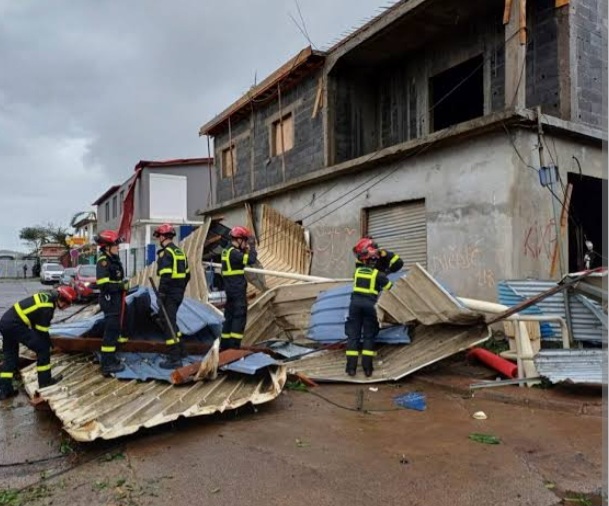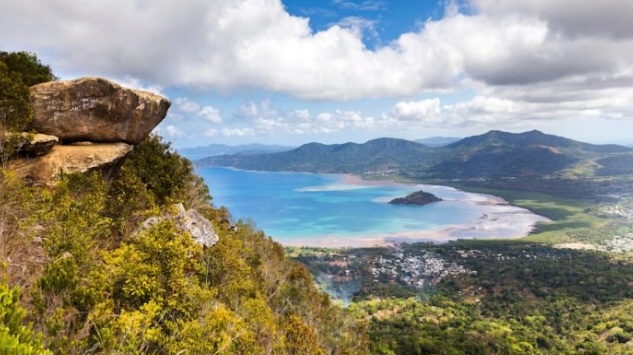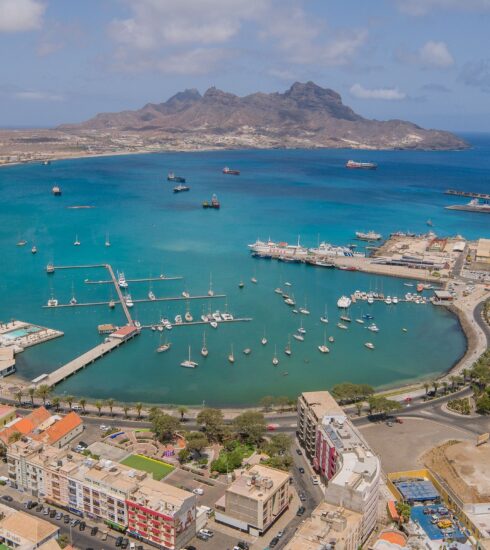Cyclone Chido Devastates Mayotte: Impact, History, and Implications for Travel
On December 14, 2024, Cyclone Chido, the strongest storm to hit the Indian Ocean archipelago of Mayotte in nearly a century, left a path of unprecedented destruction. With wind speeds exceeding 200 km/h (124 mph) and heavy rains, the cyclone caused widespread damage to homes, infrastructure, and lives. Over 30 people have been confirmed dead, hundreds injured, and thousands displaced. The devastation has created a severe humanitarian crisis, leading to urgent calls for international aid and long-term recovery strategies.
A Brief History of Mayotte
Mayotte, part of the Comoros Archipelago, is located in the Mozambique Channel between Madagascar and Mozambique. Despite its geographical proximity to Africa, it is a French overseas department. This political status came after the 1974 referendum, in which Mayotte chose to remain under French sovereignty, unlike its neighboring Comoros islands, which opted for independence.
Historically, Mayotte has been shaped by African, Arab, and European influences due to its strategic position along trade routes. It officially became a French department in 2011, which significantly improved its infrastructure and public services compared to the rest of the Comoros. However, it remains one of France’s poorest territories, with a high poverty rate, limited healthcare, and overcrowded housing.
Impact of Cyclone Chido
Infrastructure Damage: Cyclone Chido has severely damaged Mayotte’s already fragile infrastructure. Roads are blocked, the main hospital in Mamoudzou is partially unusable, and schools have been destroyed. Many areas are still without electricity and clean water, which has intensified the crisis.

Economic Consequences: The storm’s impact on agriculture and fishing—the main livelihoods for many residents—has been devastating. Additionally, small businesses, especially in tourism, face uncertainty as recovery could take months.
Humanitarian Crisis: Thousands are in urgent need of food, shelter, and medical care. Relief efforts are ongoing, but logistical challenges, such as damaged roads and disrupted communication networks, have delayed aid distribution.
Travel Implications
Mayotte’s tourism industry, though modest, plays a significant role in its economy. Known for its stunning beaches, coral reefs, and unique biodiversity, the island has attracted travelers seeking an off-the-beaten-path destination. However, Cyclone Chido has temporarily halted tourism activities.

Short-Term Impacts: Most flights to Mayotte have been canceled, and ferry services between islands are suspended. Travelers are being advised to postpone visits until the situation stabilizes. Hotels and resorts have suffered significant damage, and popular tourist sites, including diving spots, are inaccessible.

Long-Term Effects: The cyclone’s aftermath could deter tourism for an extended period. The destruction of infrastructure and the focus on recovery efforts may delay the reopening of the island to visitors. However, if managed strategically, international attention on the disaster could boost recovery funds and tourism in the long run, as seen in other disaster-hit destinations.
Global and Local Implications
Climate Change Awareness: Cyclone Chido has highlighted the vulnerability of small island territories to extreme weather events, which are becoming more frequent due to climate change. Mayotte’s experience could serve as a warning and a call to action for climate resilience investments.
Strained Franco-African Relations: While France has mobilized resources for relief, criticism regarding the timeliness and adequacy of the response underscores long-standing tensions between mainland France and its overseas territories. The disaster has amplified calls for equitable treatment and sustained development aid.
Recovery and Resilience: Rebuilding Mayotte will require substantial investment in disaster-proof infrastructure, healthcare, and housing. The international community’s role in supporting these efforts could shape the island’s future and its relationship with global partners.
Cyclone Chido’s devastation of Mayotte marks a turning point for the island. While the immediate focus remains on humanitarian relief and recovery, this disaster offers an opportunity to address systemic vulnerabilities and strengthen the island’s resilience. For travelers, Mayotte will remain off the radar until rebuilding efforts progress, but its recovery could create a more sustainable and attractive destination in the future.
Mayotte’s story—a mix of cultural richness, political complexity, and natural beauty—continues to unfold in the face of adversity. The global response to its plight will be critical in determining whether the island emerges stronger or struggles to recover.







